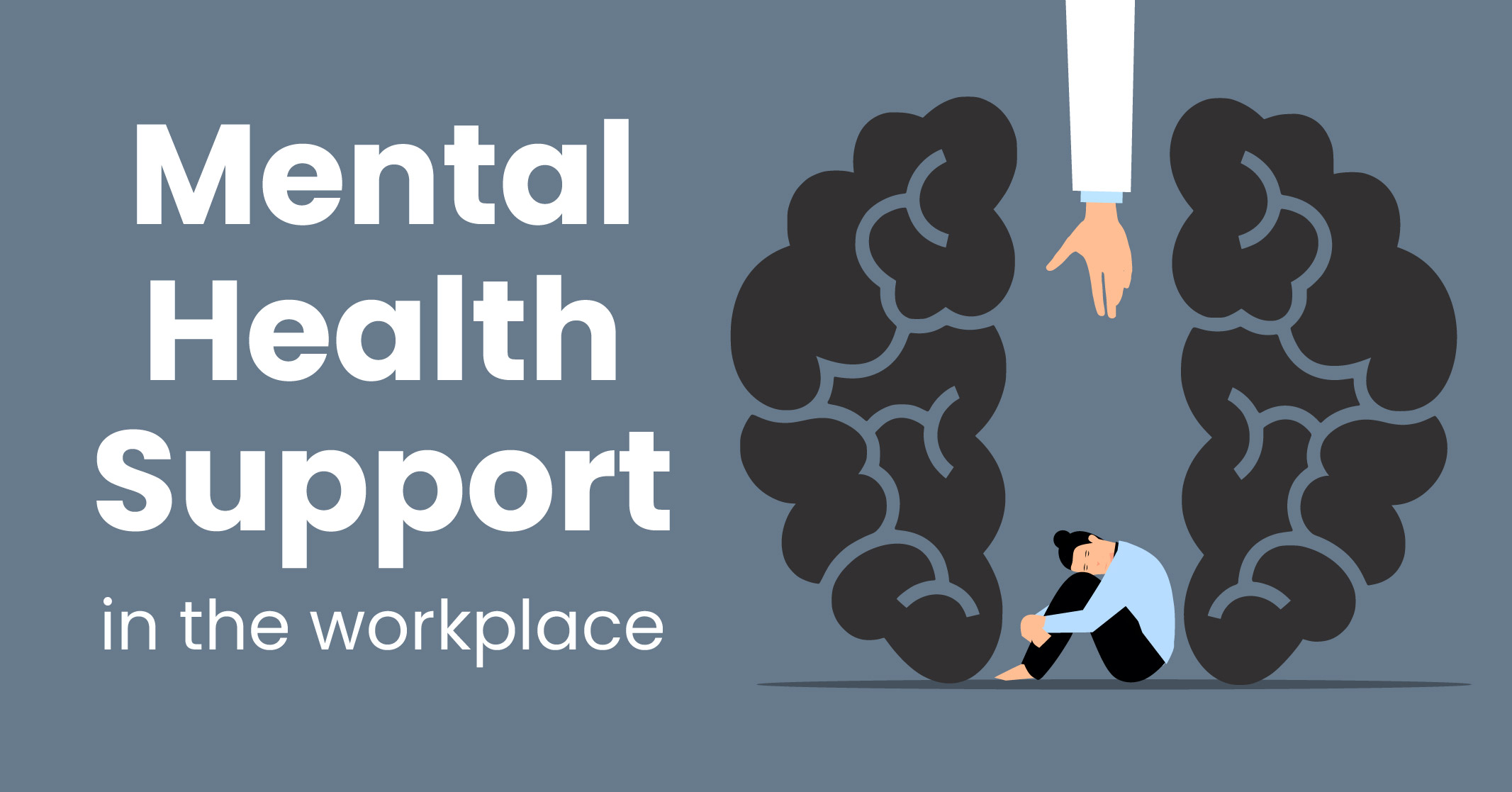How to Choose the Best Inpatient Mental Health Facility for You
How to Choose the Best Inpatient Mental Health Facility for You
Blog Article
Comprehensive Inpatient Mental Wellness Solutions for Effective Treatment
Inpatient psychological health solutions stand for an important component of the health care system, supplying a structured and extensive setting for individuals experiencing severe emotional distress. Discovering the subtleties of this continuum exposes substantial implications for both individual healing and wider psychological health outcomes.
Recognizing Inpatient Mental Health Services
Inpatient mental health and wellness services supply critical support for individuals experiencing serious psychological distress that can not be handled successfully in an outpatient setting. These solutions are designed to offer an intensive degree of treatment in an organized setting, typically within a healthcare facility or specialized facility. People admitted to inpatient programs commonly present severe signs and symptoms, such as self-destructive ideation, serious depression, or psychosis, requiring round-the-clock surveillance and intervention.
The admission process generally involves a comprehensive assessment by mental wellness professionals, that assess the person's psychological state, background, and instant needs. When admitted, patients involve in a range of healing modalities tailored to their certain requirements, including drug monitoring, specific therapy, and team sessions. This alternative approach aims to stabilize the individual's condition, promote safety and security, and foster coping abilities.
Inpatient mental health and wellness solutions not only address immediate wellness concerns but additionally function as a bridge to continuous care. By offering a controlled environment, these services facilitate the advancement of treatment plans that can be proceeded in outpatient setups, hence making certain a continuum of care and enhancing long-term end results for people with complex mental health and wellness requirements.
Key Components of Effective Therapy
Efficient treatment in inpatient psychological wellness solutions makes up a number of crucial components that foster recovery and stablizing. Primarily, a thorough assessment is vital to recognize the individual's specific requirements and obstacles. This assessment notifies the growth of a tailored treatment strategy, which serves as a roadmap for intervention.
One more essential element is the multidisciplinary group method. Partnership amongst psychoanalysts, psycho therapists, nurses, and social employees makes sure that different point of views contribute to the person's treatment, improving the efficiency of therapy. Evidence-based therapeutic methods, such as cognitive-behavioral therapy (CBT) and dialectical behavior therapy (DBT), are additionally indispensable, offering structured techniques that resolve maladaptive idea patterns and behavior issues.

Last but not least, a focus on aftercare planning is crucial to make sure a smooth shift to outpatient solutions, reducing the danger of relapse and advertising long-term health. These cumulative parts develop an efficient treatment framework within inpatient mental wellness services.
Benefits of Comprehensive Treatment

Detailed treatment in inpatient psychological health and wellness services offers many benefits that significantly improve individual outcomes. Among the key advantages is the holistic method to treatment, dealing with not just the emotional signs and symptoms yet also the physical, social, and psychological needs of patients. This detailed assessment enables tailored treatments that promote general well-being.
An additional advantage is the integration of multidisciplinary teams, which promotes partnership amongst medical care professionals. This collaborative environment makes sure Visit Your URL that people get worked with care, lowering the risk of fragmented therapy and enhancing interaction amongst caretakers. Thorough care helps with continuity of solutions, permitting for seamless changes from inpatient to outpatient settings, which is crucial for long-lasting healing.

Last but not least, the structured environment of detailed inpatient care gives a secure room for patients to participate in therapeutic tasks, aiding them create coping methods and strength. Collectively, these benefits contribute to much more efficient therapy and improved lifestyle for people experiencing mental wellness crises.
Evidence-Based Restorative Techniques
In the world of psychological wellness treatment, evidence-based therapeutic approaches play a crucial function in ensuring that people get reliable and medically sustained interventions. These methods incorporate the most effective offered study with medical know-how and patient values, fostering a tailored treatment experience that addresses specific demands.
Cognitive Behavior Modification (CBT) is one of the most commonly acknowledged evidence-based methods, concentrating on identifying and altering adverse thought patterns and behaviors. This structured technique has actually shown efficacy in treating conditions such as visit this website ptsd, depression, and stress and anxiety. In A Similar Way, Dialectical Behavior Modification (DBT) is especially efficient for people with borderline individuality disorder, emphasizing the advancement of emotional guideline and social performance skills.
In addition, medication management is usually an important part of evidence-based therapy, as psychotropic drugs can minimize signs and enhance total functioning. Collaborative care versions, which entail multidisciplinary groups, further boost the effectiveness of inpatient services by making sure extensive assessments and continual tracking.
Eventually, the assimilation of evidence-based restorative strategies not only promotes positive scientific outcomes yet likewise encourages individuals, fostering a feeling of agency and strength in their mental health and wellness trips.
Transitioning to Outpatient Support
The transition from inpatient psychological health and wellness services to outpatient assistance notes an important phase in a patient's recuperation journey. This period calls for cautious planning and control to make sure continuity of treatment and to alleviate the risks of regression or situation. Efficient discharge planning need have a peek at these guys to begin early in the inpatient stay, entailing a multidisciplinary team that consists of psychiatrists, psycho therapists, registered nurses, and social workers.
Trick aspects of an effective shift consist of the advancement of an extensive aftercare strategy tailored to the person's specific demands. This plan must describe follow-up consultations, medicine management, and restorative treatments, in addition to recognize neighborhood sources and support system that can help with recurring recovery.
Additionally, patient and household education and learning is important throughout this stage. Comprehending the indicators of potential obstacles and the importance of sticking to therapy can empower individuals and their support group.
Regular follow-up and reassessment of the outpatient plan are essential to deal with advancing challenges. By promoting a joint relationship between outpatient and inpatient suppliers, the likelihood of sustained healing rises, ultimately improving the person's lifestyle and minimizing the danger of readmission.

Final Thought
In summary, extensive inpatient psychological wellness solutions offer a vital structure for addressing severe mental distress with a multidisciplinary strategy. Ultimately, such detailed treatment is vital for long-term mental health and wellness and wellness.
The admission procedure normally includes a detailed analysis by psychological health and wellness specialists, that examine the person's psychological state, background, and prompt requirements.Efficient treatment in inpatient mental health services comprises several key parts that foster healing and stabilization.Thorough treatment in inpatient psychological wellness services offers many advantages that dramatically enhance client results.The transition from inpatient mental health solutions to outpatient support marks a crucial phase in a person's recuperation journey.In recap, thorough inpatient mental health solutions provide an important framework for resolving serious psychological distress via a multidisciplinary method.
Report this page